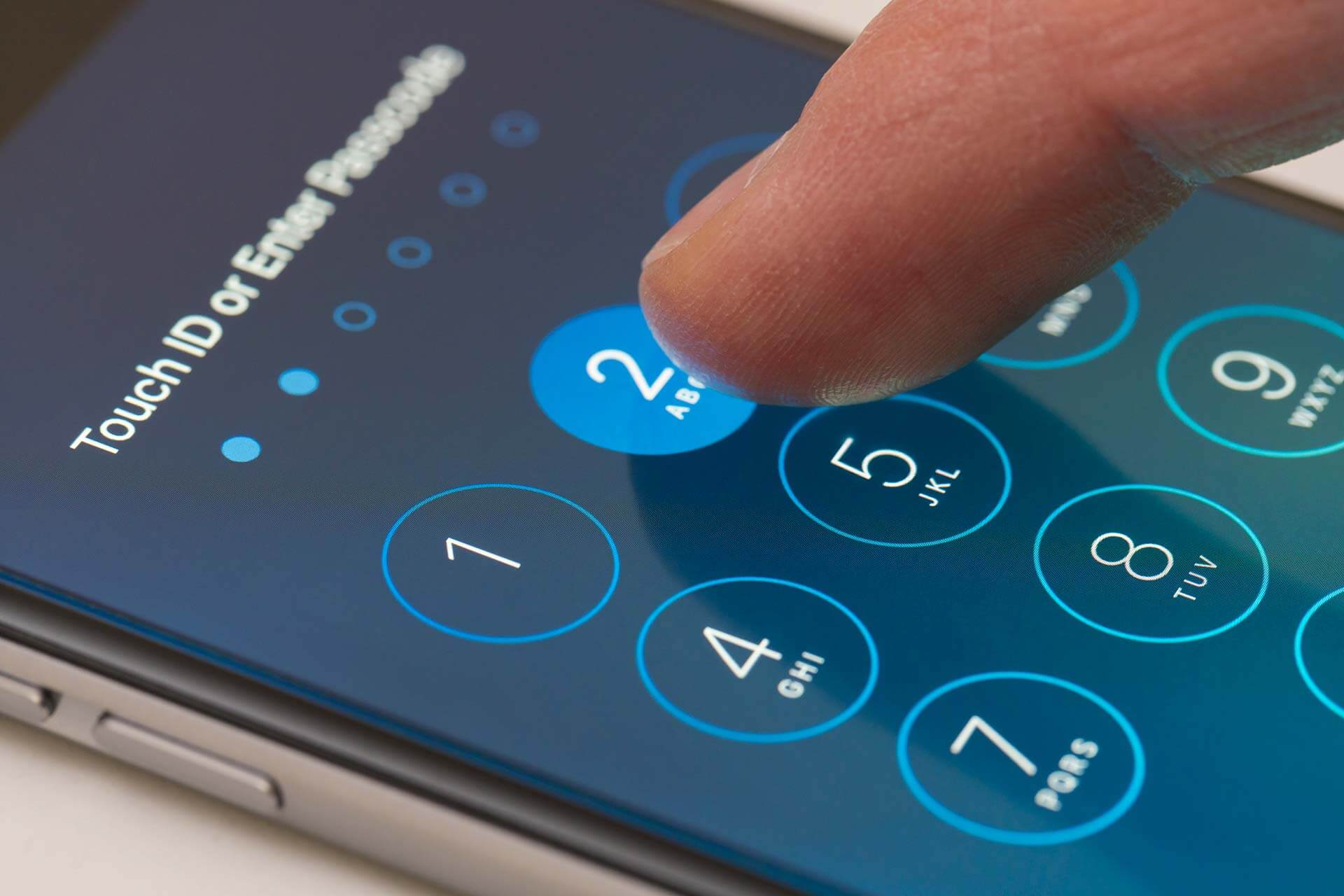
The choice between unlocked and carrier-locked phones depends on your specific needs, preferences, and circumstances. Both options have their advantages and disadvantages, so it's important to consider the following factors when deciding which one is right for you:
Unlocked phones:
Pros:
Flexibility: Unlocked phones are not tied to any specific carrier. You have the freedom to choose and switch between different mobile operators at your convenience.
International use: Unlocked phones can often be used with SIM cards from foreign operators when traveling abroad, avoiding international roaming charges.
No Malware: Unlocked phones typically come free of carrier-dependent apps and bloatware, resulting in a cleaner, more customizable user experience.
Faster updates: Unlocked phones typically receive software updates directly from the manufacturer, which can result in faster access to the latest operating system and security updates.
Cons:
Higher upfront cost: Unlocked phones often cost more up front because they are not subsidized by carriers. You will need to pay full retail price.
No Carrier Discounts: You may not take advantage of carrier-specific discounts and promotions that are available when you purchase a phone under a carrier contract.
Limited Financing Options: Financing an unlocked phone with monthly payments is less common and may require a separate financing agreement.
Phones with operator lock:
Pros:
Lower upfront cost: Carrier-locked phones are often available at a lower upfront cost thanks to carrier subsidies and installment plans.
Carrier Discounts: Carriers may offer discounts, trade-in offers, or bundled packages that can make carrier-locked phones more affordable.
Financing Options: Carriers typically provide financing options that allow you to pay off your phone in monthly installments, making it easier to budget for a high-end device.
Cons:
Contractual Obligations: Carrier-locked phones are tied to specific carrier contracts, which can lock you into a specific carrier for a specified period, often 24 months or more.
Carrier Malware: These phones may have carrier-specific apps and malware installed on them that are not easy to remove.
Limited flexibility: Changing carriers before your contract ends may incur an early termination fee and you may be required to pay the remaining amount to unlock your phone.
Which option is right for you?
Consider your budget: If you're on a tight budget and prefer lower upfront costs, a carrier-locked phone with a carrier contract may be more affordable.
The need for flexibility: If you value the freedom of switching carriers or frequent international travel, an unlocked phone is the best choice.
Long-term commitment: Assess how long you are willing to commit to the operator. If you prefer a shorter commitment, an unlocked phone may be more suitable.
Keeping it Clean: If you want a virus-free smartphone and prefer to control your device's software, an unlocked phone is the best option.
Ultimately, choosing between unlocked phones and carrier-locked phones comes down to your priorities, financial situation, and personal preference. Carefully evaluate your needs and consider the long-term consequences before making your choice.






